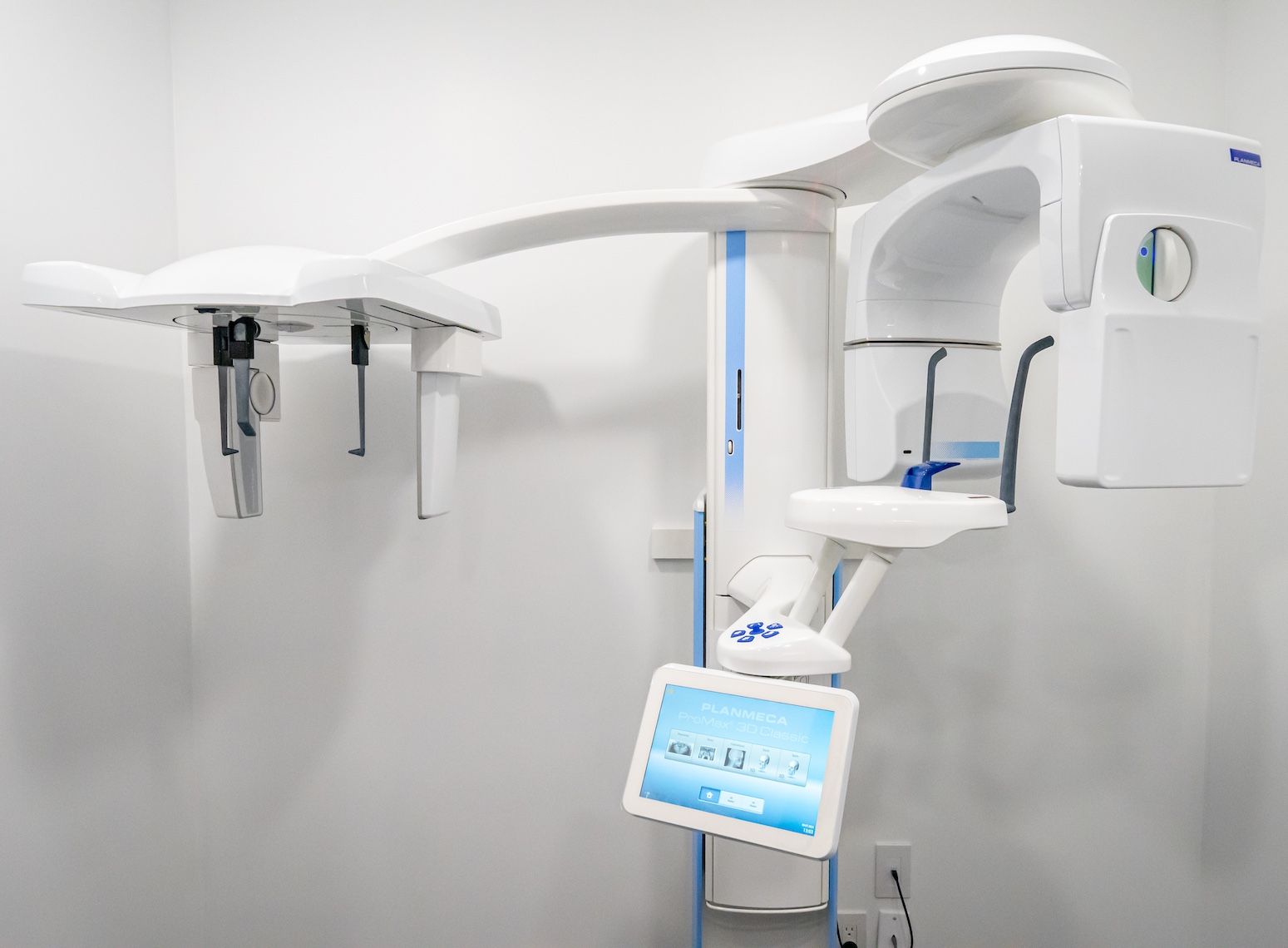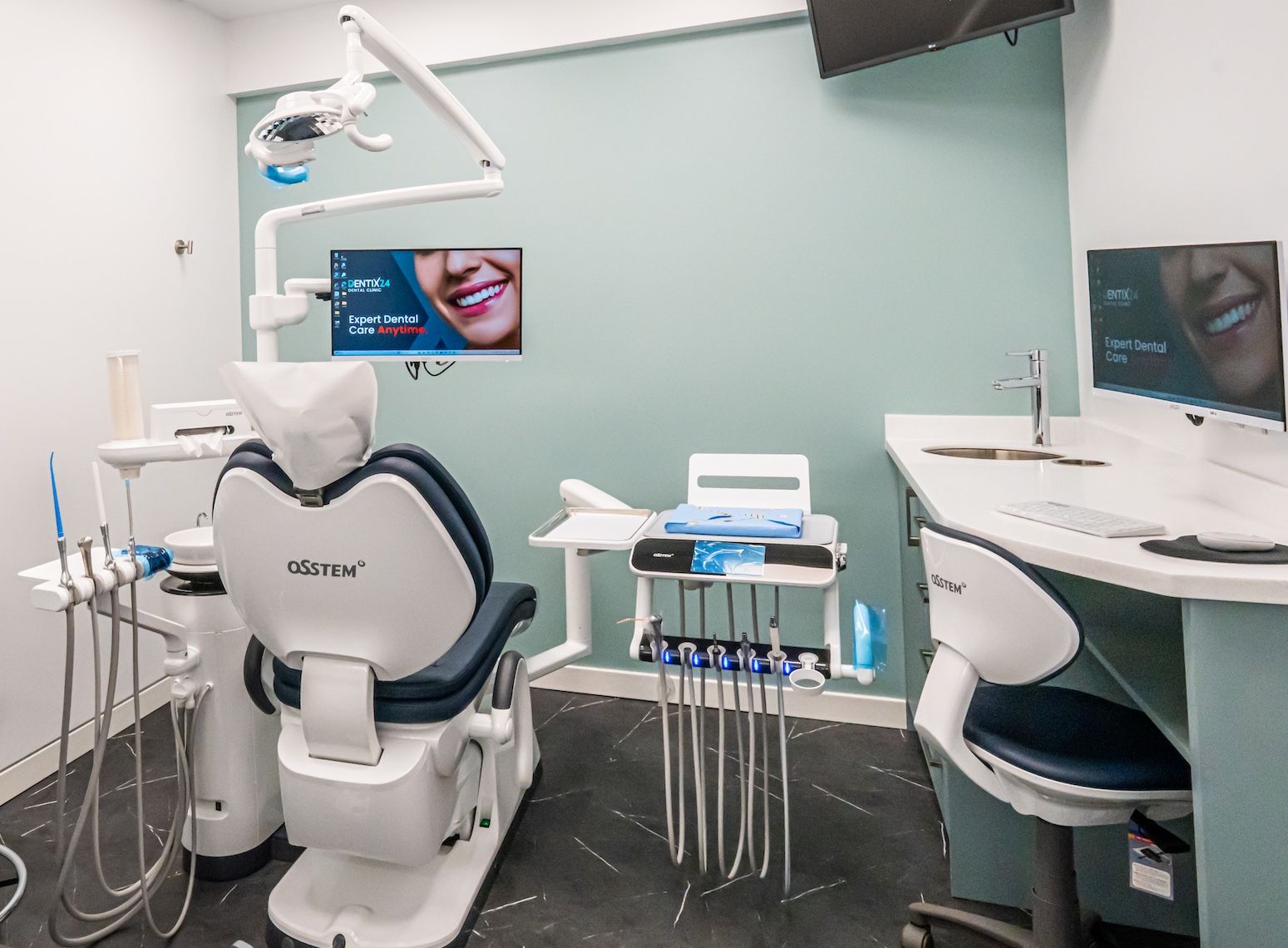-We're Open
7 Daysa Week 24/7
24/7 Dental Excellence, Caring for Your Smile Day and Night

Dentix24 offers 24/7 dental care, ensuring prompt relief for emergencies at any time.
Located above Yonge & Lawrence subway station, our team is always ready to provide expert, compassionate care. Don’t wait in pain— trust Dentix24 for prompt and accessible dental assistance, day or night.

At Dentix 24, we focus on personalized dental care through detailed consultations, working with you to create a treatment plan that fits your unique needs and goals. Using advanced imaging technology, we give you a comprehensive view of your oral health, ensuring you understand every part of your treatment.

We prioritize transparency and communication, empowering you with the knowledge needed for peace of mind. Understanding the importance of comfort, we offer flexible payment options and special discounts for seniors, children, and students.

- Our Services Include:
- • Personalized consultations to create tailored treatment plans.
- • Advanced imaging for informed decision-making.
- • An educational approach with open communication for peace of mind.
- • Flexible payment options, with discounts for seniors and students, and affordable financing.
At Dentix 24, We provide a range of treatments to help you achieve your ideal smile. Our expert team will guide you through the process, ensuring your treatment fits your unique needs and goals.



About Dentix24
With sincerity and kindness, we strive to earn your trust.
- Over 100 Years of Combined Specialty-level Experience: Expert care from a team with decades of advanced clinical and academic expertise.
- Continuous Learning: Ongoing education ensures our team stays current with the latest dental innovations.
- Art and Science: Beautiful, healthy smiles created through artistic and technical precision.
- Exceptional Comfort: Prioritizing your comfort with personalized, patient-centred care.
- High Standards: We exceed the clinical and ethical guidelines set by the Royal College of Dental Surgeons of Ontario (RCDSO).





